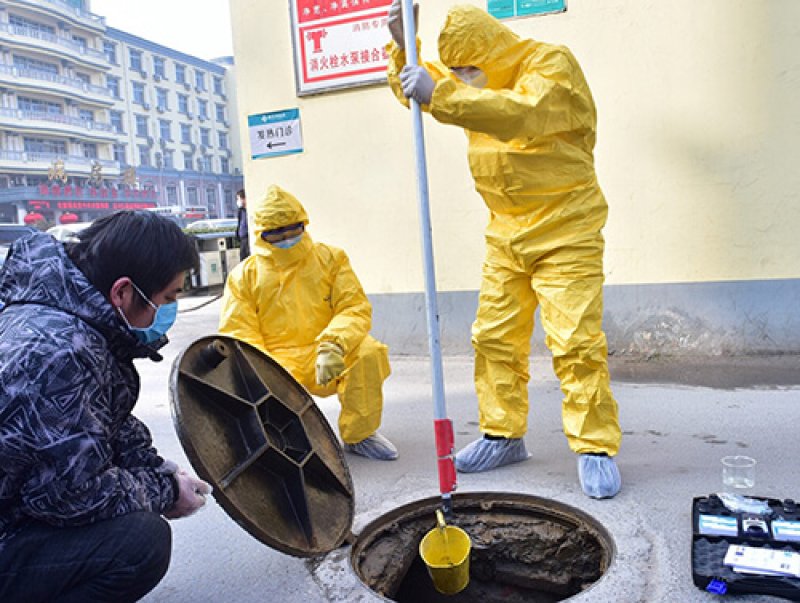Across the United States, scientists have been analyzing sewage water to determine how intense [COVID] outbreaks might be, given limits on testing, or to predict where the next one might be brewing. Sewage tests cannot identify individual cases but can help some communities, such as universities, respond to outbreaks in particular areas or buildings.
Elsewhere in the world, countries have been expanding their use of sewage sampling. Here are some of their key findings.
Every morning at 5, a group of scientists in Ottawa receives samples of the previous day’s sewage to test for traces of the coronavirus in wastewater pooled from “over a million souls,” said Alex MacKenzie, a senior scientist at the CHEO Research Institute.
MacKenzie is part of a team at CHEO and the University of Ottawa that piloted the program, which Ottawa’s public health department uses to provide daily reports on the coronavirus’s spread.
Such testing provides crucial information at little cost, MacKenzie said. Each sample costs only several hundred dollars and gives a reliable snapshot of the big picture, and there are few privacy concerns because the tests do not detect individual infections.
“There’s a general realization that we should be doing this as much as possible,” he said.































